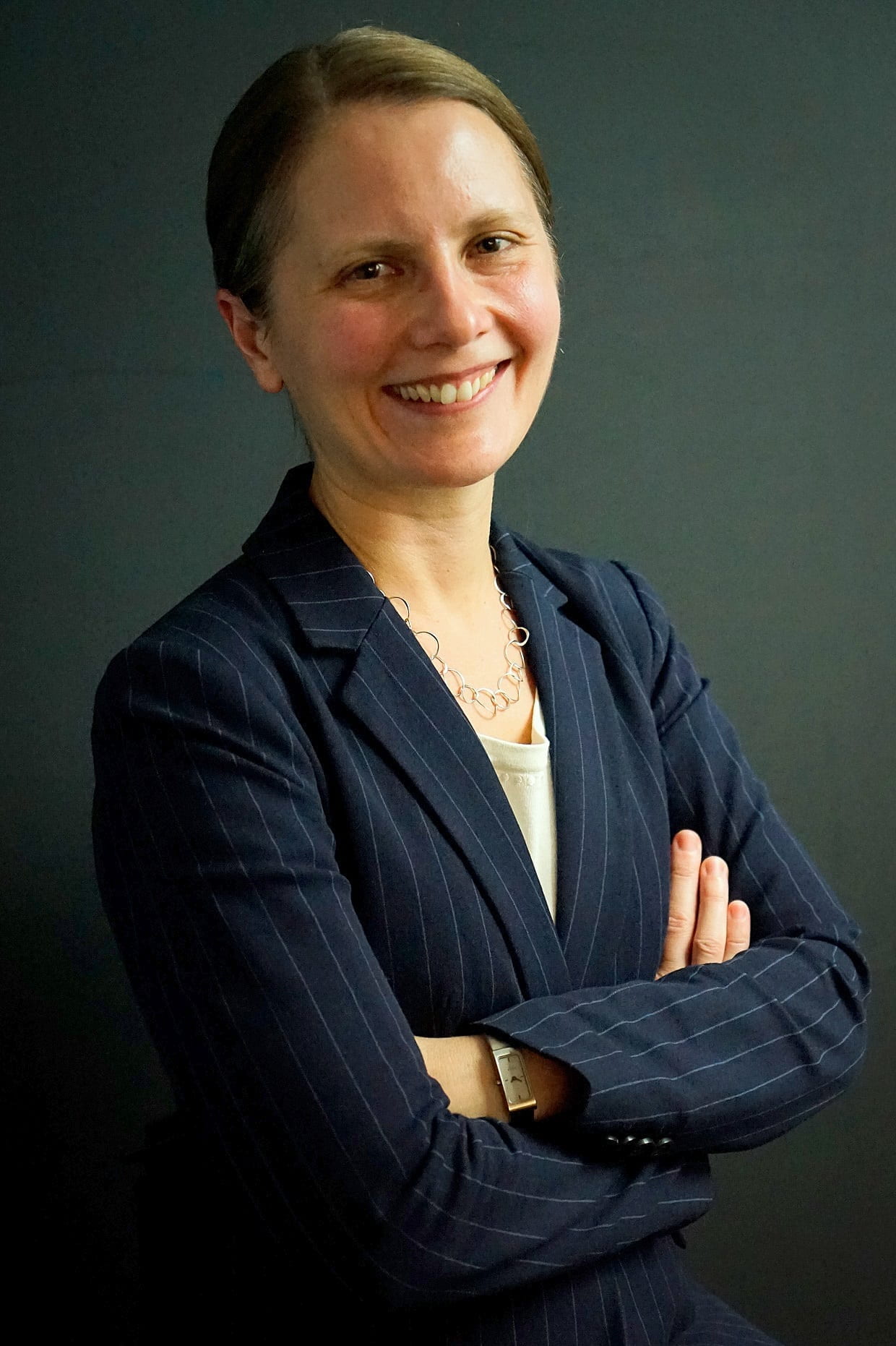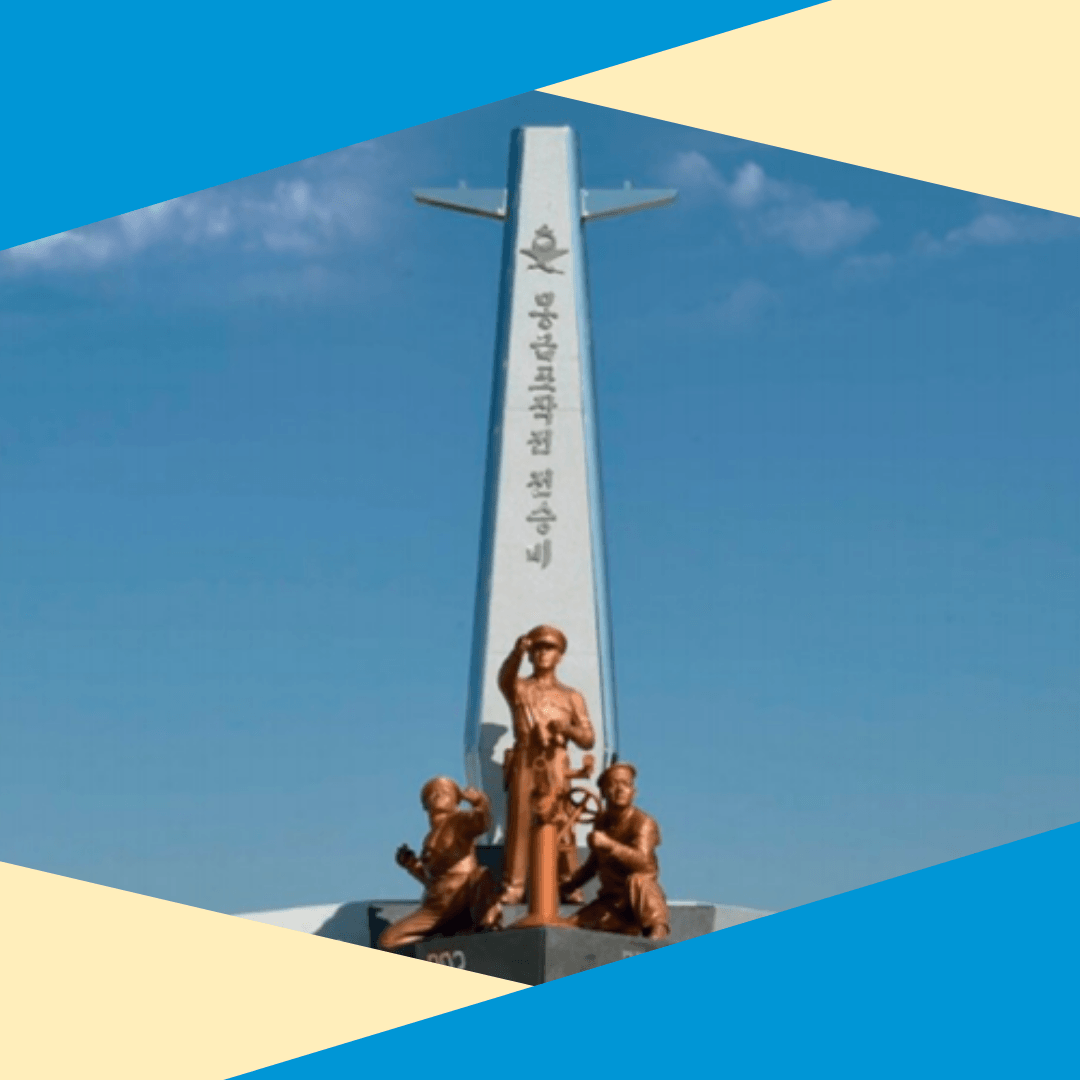[February 14, 2019] “The Jeju 4.3 Incident, Korea’s ‘Dark History,’ and Its Implications for North Korea Policy”
The Soh Jaipil Circle on Contemporary Korean Affairs:
“The Jeju 4.3 Incident, Korea’s ‘Dark History,’
and Its Implications for North Korea Policy”
Speaker: John Merrill, Non-Resident Visiting Scholar, GW Institute for Korean Studies
Moderator: Celeste Arrington, Korea Foundation Assistant Professor of Political Science and International Affairs, George Washington University
Date & Time
Thursday, February 14, 2019
1:30 pm – 3:30 pm
Venue
Elliott School of International Affairs Room 505,
The George Washington University
1957 E St. NW, Washington, DC 20052
Event Description
Korea’s “Dark History” continues to slowly come to light. One occasion was last year’s 70th anniversary of the Jeju uprising, in which 30,000 people were killed—the vast majority by government forces. American advisors were present throughout and helped to direct many operations. Other recent revelations include the ROK navy’s Pearl Harbor-style raid on the North’s west coast fleet in August 1949 that destroyed a large part of the DPRK’s navy. One aspect of the raid that remains to be explored is how it may have influenced Stalin’s decision to support the June 1950 invasion. Rhee’s executions after the war broke out of 100,000-plus jailed communists and suspected sympathizers is another chapter in this hidden history. Likewise, ignored in most discussions of the North Korean nuclear issue is the impact of US massive bombing of North Korean cities during the war, subsequent nuclear threats, and the deployment of 950 U.S. tactical nuclear weapons in South Korea through the 1960s. This hidden, forgotten, and distorted history has greatly influenced Washington’s traditional “crime and punishment” approach to dealing with North Korea. In the last few years, Presidents Moon and Trump have wisely broken with this traditional approach and switched to “smile diplomacy”—which, despite a chorus of nay-sayers, promises to produce far better results.
John Merrill

John Merrill is the former chief of the Northeast Asia Division in the State Department’s Bureau of Intelligence and Research. Merrill has taught at the Foreign Service Institute, Johns Hopkins School of Advanced International Studies, Georgetown University, the George Washington University, and Lafayette College. For many years, he chaired seminars on North Korean Foreign Policy for mid-career Intelligence Community analysts/managers. Merrill is the author of Korea: The Peninsular Origins of the War and The Cheju-do Rebellion (in Japanese). His most recent pieces include “Inside the White House: The Future of US-DPRK Policy,” Korea Observer, Winter 2016 and op-eds for Nikkei Asian Review. Merrill has a Ph.D. from the University of Delaware, an M.A. from Harvard University, and a B.A. from Boston University.
Celeste Arrington

Celeste Arrington is Korea Foundation Assistant Professor of Political Science and International Affairs at GW. She specializes in comparative politics, with a regional focus on the Koreas and Japan. Her research and teaching focus on law and social movements, the media, lawyers, policy processes, historical justice, North Korean human rights, and qualitative methods. She is also interested in0 the international relations and security of Northeast Asia and transnational activism. She is the author of Accidental Activists: Victims and Government Accountability in South Korea and Japan (2016) and has published in Comparative Political Studies, Law & Society Review, Journal of East Asian Studies, Pacific Affairs, Asian Survey, and the Washington Post, among others. She received a Ph.D. from the University of California, Berkeley, an MPhil from the University of Cambridge, and an A.B. from Princeton University. She is currently writing a book that analyzes the role of lawyers and legal activism in Japanese and Korean policies related to persons with disabilities and tobacco control.

